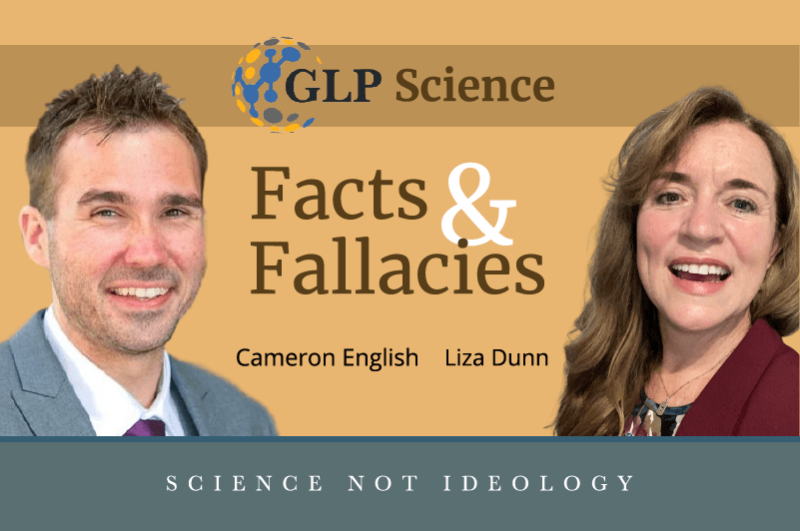Podcast:
Podcast: Play in new window | Download
Subscribe: RSS
Join host GLP contributor Cameron English and guest host Dr. Kevin Folta on episode 255 of Science Facts and Fallacies as they break down these latest news stories:
Scientists have identified a troubling trend in peer-reviewed journals that publish original research: a growing number of the studies found in these publications are nonsense. Sometimes this is the result of outright fraud—cases where researchers fabricate or distort data. In other instances, it’s an honest mistake that undermines the reliability of a study. Whatever the cause in a particular instance, unreliable research is a critical problem for two reasons. It pollutes the body of evidence we use to make public policy and solve practical problems, like treating disease. Bad studies also sow public distrust in scientific institutions. We need to resolve crisis as soon as possible. But how do we do it?
Pesticides approved for use in the US are carefully tested for safety before they enter the market, and then carefully monitored by regulators at multiple federal agencies. Moreover, independent research consistently shows that trace amounts of pesticides in our food don’t pose a risk to human health. Each year, though, a handful of NGOs led by the Environmental Working Group (EWG) warn Americans that their food supply is tainted by potentially dangerous chemicals. Their disingenuous claims don’t stand up to scrutiny.
Kevin M. Folta is a professor, keynote speaker and podcast host. Follow Professor Folta on X @kevinfolta
Cameron J. English is the director of bio-sciences at the American Council on Science and Health. Visit his website and follow him on X @camjenglish































